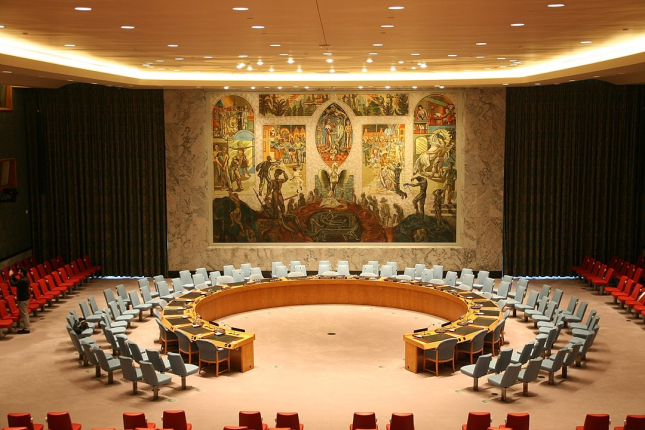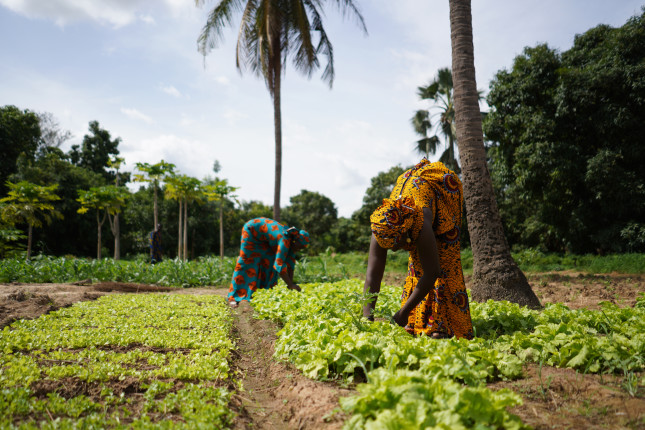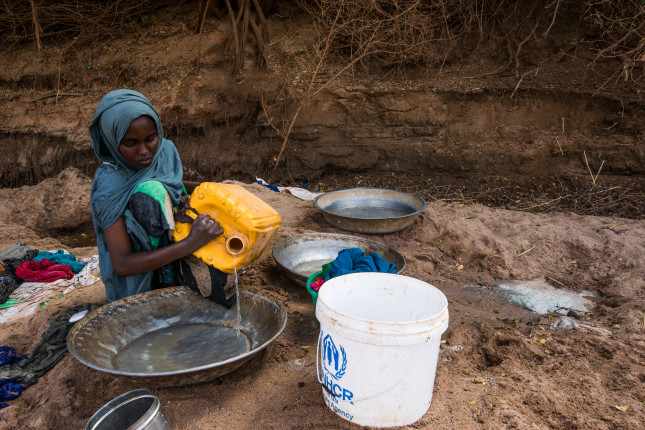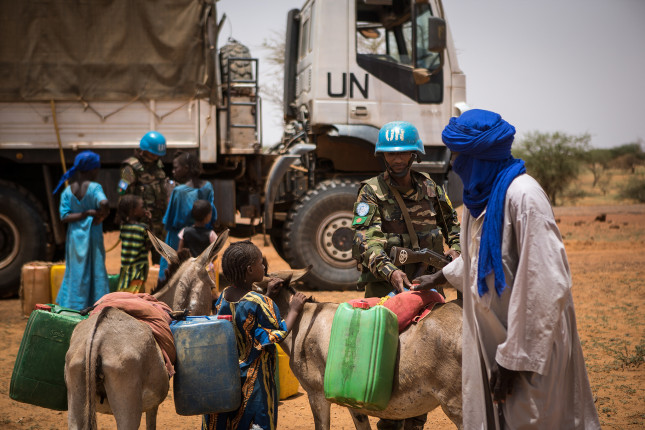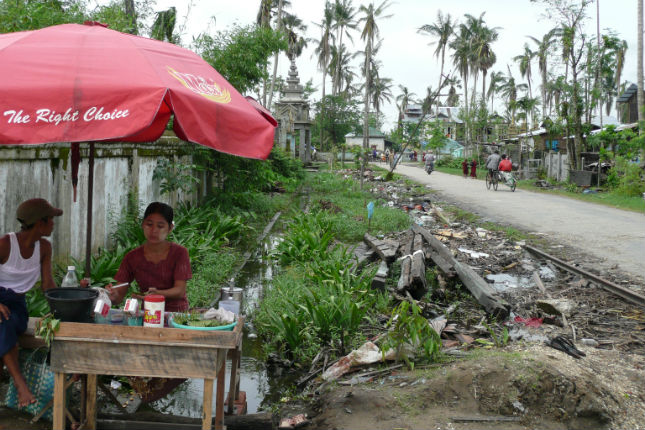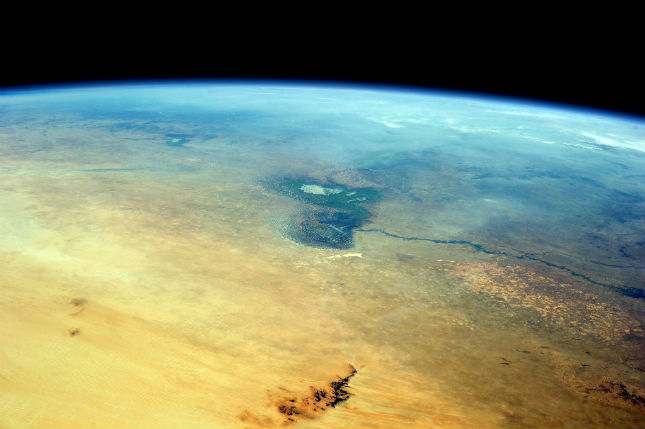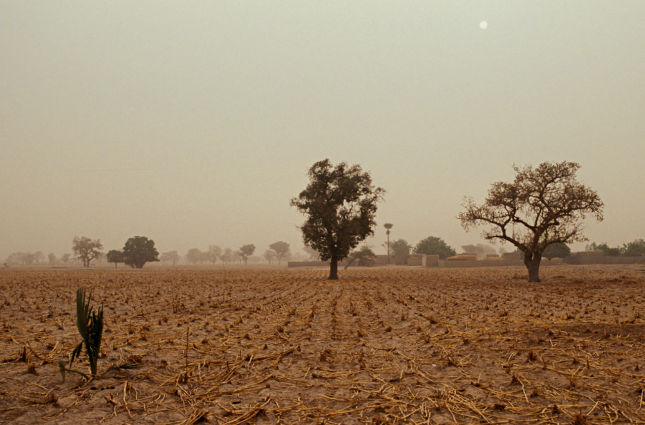-
AI’s Hallucinations Are a Warning—About Ourselves
›August 19, 2025 // By Florian Krampe
Tobias Ide’s recent article on his experiments with Generative AI should send a chill down the spine of any researcher, including those who work on climate and environmental security.
When Ide asked leading AI platforms to summarize academic literature, they didn’t simply generate errors; they also confidently invented nonexistent articles, fabricated authors, and profoundly misrepresented real research. Worse yet, these results were presented without a hint of self-doubt.
-
Russia’s ‘Nyet’ Does Not Mean Climate Security Is off the Security Council Agenda
›
On Monday, 13 December, Russia used its veto in the United Nations Security Council to block a thematic resolution on climate change and security put forward by Ireland and Niger. While the draft resolution contained specific actions, its main purpose was symbolic: to put the security implications of climate change firmly on the Security Council’s agenda, much as Resolution 1325 did with women, peace and security.
-
Why Addressing the Climate Crisis Can Help Build More Sustainable Peace
›
Thirty years of research underlies the realization that climate change poses substantial national, international and human security risks, but analysts have only recently shifted their focus toward how to simultaneously build peace in post-conflict environments and grapple with the dual challenges of mitigating and adapting to climate change. In a recent article in World Development article, we propose what causal pathways can simultaneously facilitate climate change adaptation, increase resilience, improve natural resource governance, and build more sustainable peace.
-
Toward a New Regional Approach to Water Security and Governance in the Horn of Africa
›Guest Contributor // April 7, 2020 // By Anniek Barnhoorn, Florian Krampe, Luc van de Goor, Elizabeth Smith & Dan Smith
As the global climate changes, climate-related security risks are making the existing political, social, and economic challenges even more complicated. The 230 million people who live in the Horn of Africa are highly vulnerable to the impacts of climate change such as droughts and floods. Political fragility and transnational complexities make water governance a matter of regional high-level politics as well as geopolitical tensions. In short, sustainable water governance is critical for achieving resilient peace.
-
Lessons from Post-Conflict States: Peacebuilding Must Factor in Environment and Climate Change
›
The challenge of peacebuilding missions is not only to stop violence and prevent a rekindling of conflict, but also to help societies and governments reset their internal relations on a peaceful path towards sustaining peace.
-
From Disaster Risk Reduction to Sustainable Peace: Reducing Vulnerability and Preventing Conflict at the Local Level
›
The summer of 2017 was a stark reminder that climate change exacerbates both the intensity and frequency of natural disasters—and that the most vulnerable people are most severely affected. A recent study shows that from 2004-2014, 58 percent of disaster deaths and 34 percent of people affected by disasters were in the most fragile countries, as measured by the Fragile States Index. Disasters in these countries receive considerably less media coverage than the recent hurricanes that hit the United States. This lack of attention also leads many policymakers to overlook a possible opportunity: By working together to reduce fragility and vulnerability, could we not only better prepare for disaster, but also help prevent conflict? We have the policy tools to take an integrated approach to climate, conflict, and disaster—but we need the political will to use them.
-
The Unfolding Humanitarian Crisis Around Lake Chad: UN Report Falls Short of Naming Environmental Dimensions
›September 20, 2017 // By Florian Krampe
It is encouraging to see that the United Nations Security Council is beginning to acknowledge the transboundary dimensions of fragility and conflict, as demonstrated by its newly launched Report of the Secretary-General on the situation in the Lake Chad Basin region. The report, which was presented in the Security Council on 13 September 2017, emphasizes the need for regional responses and the enhanced cooperation of different UN and humanitarian agencies as important steps to addressing the unfolding humanitarian crisis. However, while regional responses to address the regional security challenge are desirable, the report would have been stronger if it had highlighted the underlying environmental contributions of the region’s fragility.
-
Risk, But Also Opportunity in Climate Fragility and Terror Link
›
In a recent article for New Security Beat, Colin Walch made the case that the abandonment of some communities in Mali to deal with climate change on their own has created “fertile ground” for jihadist recruitment. In a similar argument, Katharina Nett and Lukas Rüttinger in a report for adelphi asserted last month that “large-scale environmental and climatic change contributes to creating an environment in which [non-state armed groups] can thrive and opens spaces that facilitate the pursuit of their strategies.”
Showing posts by Florian Krampe.


